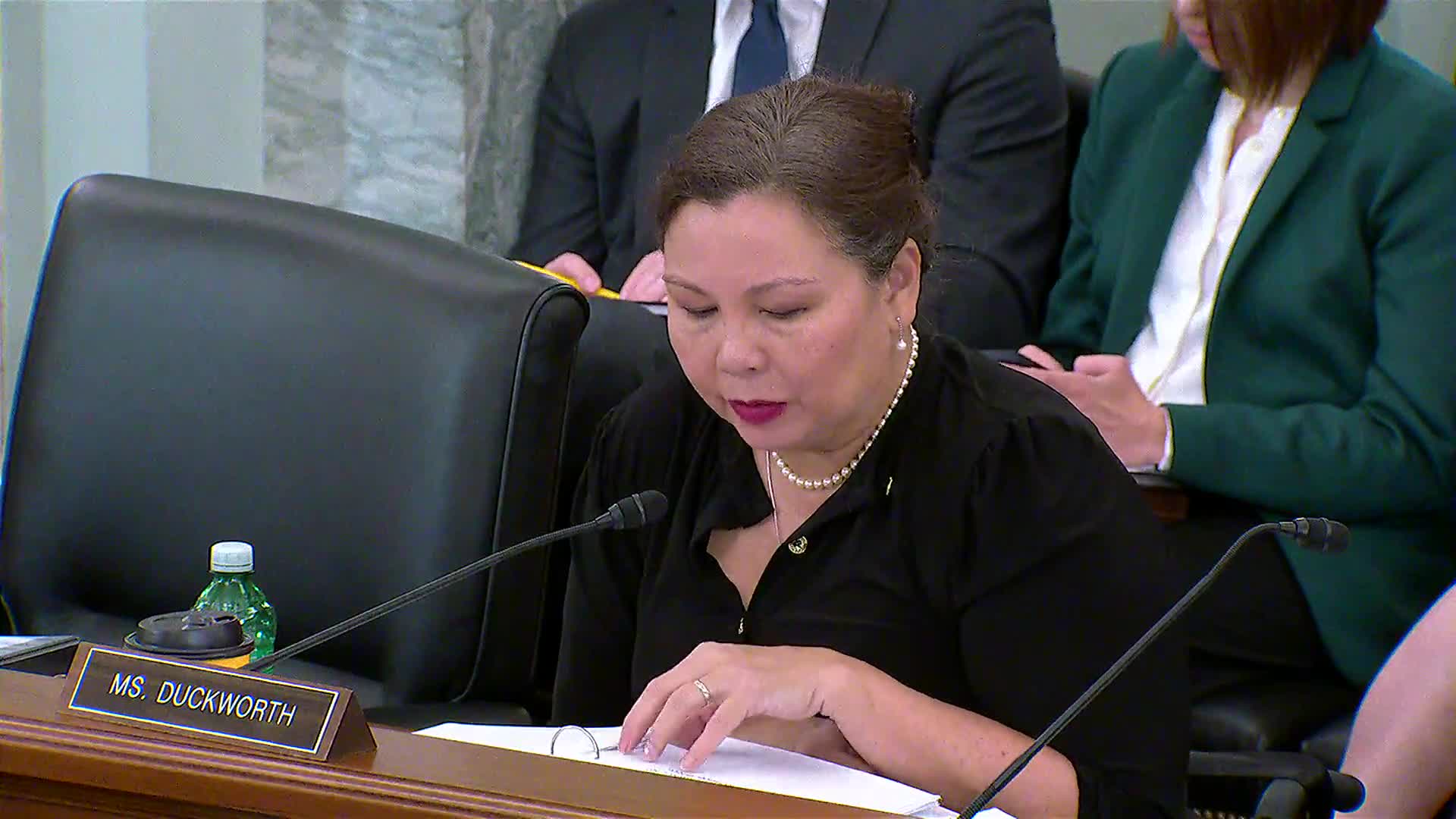Aviation experts defend 1500 hour pilot training standard amid safety concerns
November 10, 2023 | Commerce, Science, and Transportation: Senate Committee, Standing Committees - House & Senate, Congressional Hearings Compilation
This article was created by AI summarizing key points discussed. AI makes mistakes, so for full details and context, please refer to the video of the full meeting. Please report any errors so we can fix them. Report an error »

During a recent subcommittee hearing focused on aviation safety, a strong consensus emerged against proposals to reduce the aeronautical experience required for pilots. Lawmakers emphasized the importance of maintaining the current 1,500-hour flight experience rule, which was established in response to safety concerns following a significant aviation incident.
The 1,500-hour rule was developed after consultations with commercial air carriers, who determined that this level of experience is essential for ensuring the safety of the flying public. Advocates for the rule highlighted that it has successfully kept air travel safe in the years since its implementation.
The discussion also pointed out that there are already various pathways for aspiring pilots to achieve the necessary qualifications. For instance, military pilots can qualify with as few as 750 hours, while graduates from structured four-year aeronautical programs can enter the commercial sector with 1,000 hours. Additionally, those completing two-year programs can qualify with 1,250 hours. However, for individuals who pursue flight training independently, the requirement remains at 1,500 hours.
The subcommittee underscored that rather than diluting existing safety standards, the focus should be on enhancing aviation safety measures. This commitment to maintaining rigorous training requirements aims to ensure that all pilots are adequately prepared to handle the complexities of commercial aviation, ultimately prioritizing the safety of passengers and crew alike.
The 1,500-hour rule was developed after consultations with commercial air carriers, who determined that this level of experience is essential for ensuring the safety of the flying public. Advocates for the rule highlighted that it has successfully kept air travel safe in the years since its implementation.
The discussion also pointed out that there are already various pathways for aspiring pilots to achieve the necessary qualifications. For instance, military pilots can qualify with as few as 750 hours, while graduates from structured four-year aeronautical programs can enter the commercial sector with 1,000 hours. Additionally, those completing two-year programs can qualify with 1,250 hours. However, for individuals who pursue flight training independently, the requirement remains at 1,500 hours.
The subcommittee underscored that rather than diluting existing safety standards, the focus should be on enhancing aviation safety measures. This commitment to maintaining rigorous training requirements aims to ensure that all pilots are adequately prepared to handle the complexities of commercial aviation, ultimately prioritizing the safety of passengers and crew alike.
View the Full Meeting & All Its Details
This article offers just a summary. Unlock complete video, transcripts, and insights as a Founder Member.
✓
Watch full, unedited meeting videos
✓
Search every word spoken in unlimited transcripts
✓
AI summaries & real-time alerts (all government levels)
✓
Permanent access to expanding government content
30-day money-back guarantee
